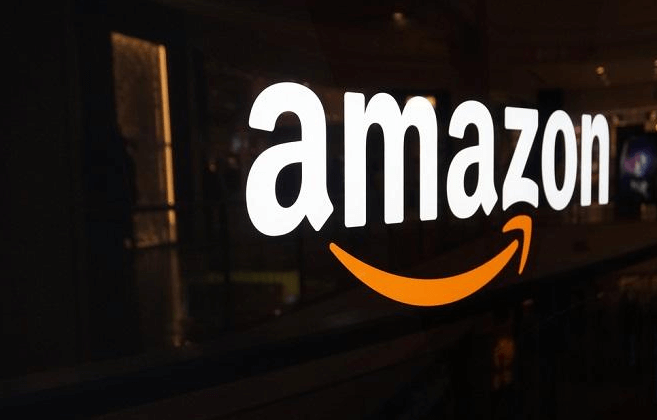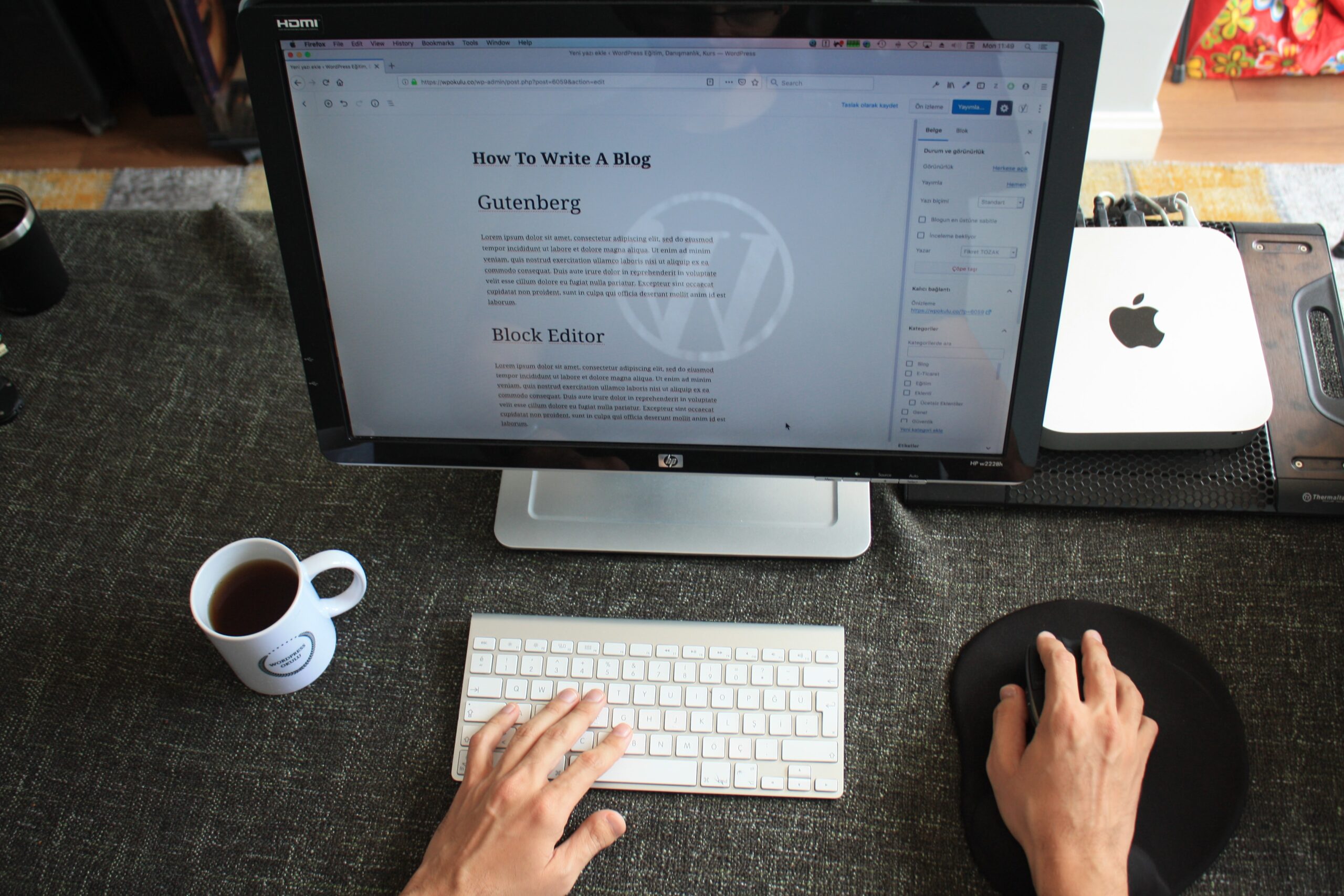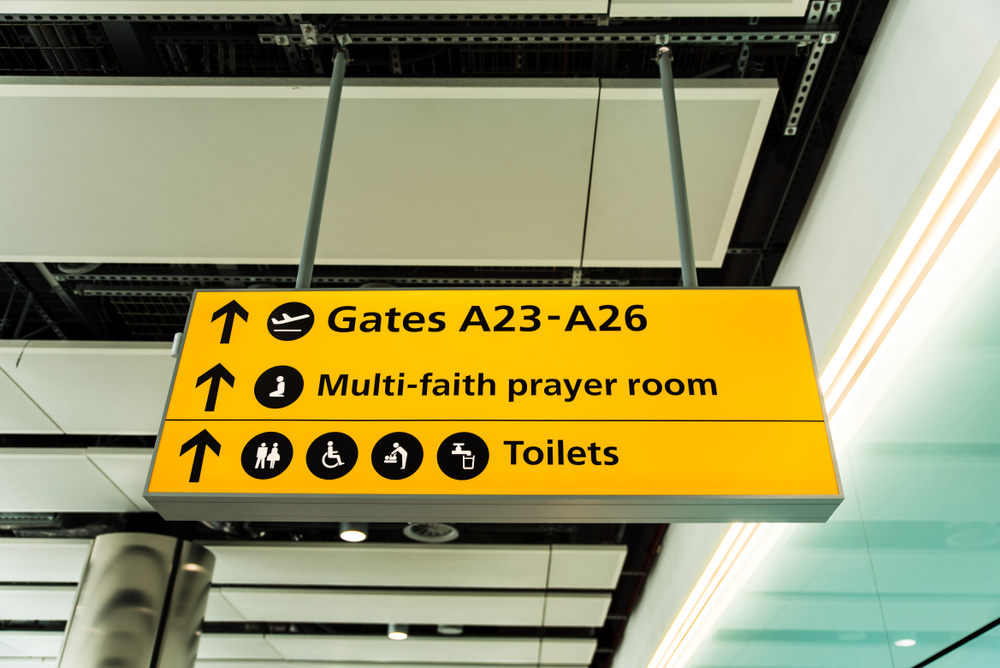Business
Top 5 plumbing companies in San Diego

When it comes to plumbing, you want to make sure you are working with the best of the best. So, if you are living in San Diego and need a plumbing company, who are the best five to call? 1. Roto-Rooter. This company is always available to help, and they are always there for you when you need them. They are honest and reliable, and they always work to get the job done right. 2. Benjamin Franklin. This company is known for their high-quality work, and they always stand behind their products and services. They are reliable and efficient, and they will get the job done right the first time. 3. Mr. Rooter. This company is known for their great customer service, and they always work to get the job done right. They are reliable and affordable, and they will help you get the most out of your plumbing system. 4. Ace Plumbing. This company is known for their high-quality work, and they always stand behind their products and services. They are reliable and efficient, and they will get the job done right the first time. 5. Roto-Rooter. This company is always available to help, and they are always there for you when you need them. They are honest and reliable, and they always work to get the job done right.
plumbing companies in san diego
Are you looking for a plumbing company in San Diego? Look no further than our list of trusted and qualified local plumbers. Our plumbers are licensed and insured and can help you with any plumbing needs you may have. Whether you need a plumbing contractor for a new construction project or you need a plumbing technician to help you with a repair, our plumbers are here to help. We can help you with everything from fixing a leaky faucet to fixing a broken pipe. We can also help you with installation and replacement services. If you are looking for a plumbing company in San Diego, look no further than our list of qualified and trusted local plumbers. Our plumbers are licensed and insured and can help you with any plumbing needs you may have.
Emergency Plumbing
When your home’s plumbing system breaks, it can be a total disaster. Not only do you have to worry about the water itself, but also the damage it can cause to your home. If you’re unlucky enough to experience a plumbing emergency, here are a few tips to help you out. 1. Shut off the water. This is the most important thing to do in any plumbing emergency. The water supply to your home is controlled by a main shut-off valve, which you can find near the water meter. If you can’t find the main shut-off valve, look for individual shut-off valves on each sink, toilet, and washing machine. 2. Find the source of the leak. Once you’ve turned off the water, you need to find the source of the leak. If the leak is coming from a pipe, turn on the faucet nearest to the pipe to help you find it. If the leak is coming from a fixture, like a sink or toilet, lift the lid and check for water around the base. 3. Repair the leak. Once you’ve found the source of the leak, you can start to repair it. If you’re repairing a pipe, you’ll need to replace the section of pipe that’s leaking. If you’re repairing a fixture, you may be able to fix it yourself by replacing the washers or gaskets. If you’re not sure how to fix it, call a plumber. 4. Monitor the leak. Once you’ve repaired the leak, keep an eye on it to make sure it doesn’t start leaking again. If it does, repeat the steps above to fix it. When your home’s plumbing system breaks, it can be a total disaster. Not only do you have to worry about the water itself, but also the damage it can cause to your home. If you’re unlucky enough to experience a plumbing emergency, here are a few tips to help you out. 1. Shut off the water. This is the most important thing to do in any plumbing emergency. The water supply to your home is controlled by a main shut-off valve, which you can find near the water meter. If you can’t find the main shut-off valve, look for individual shut-off valves on each sink, toilet, and washing machine. 2. Find the source of the leak. Once you’ve turned off the water, you need to find the source of the leak. If the leak is coming from a pipe, turn on the faucet nearest to the pipe to help you find it. If the leak is coming from a fixture, like a sink or toilet, lift the lid and check for water around the base. 3. Repair the leak. Once you’ve found the source of the leak, you can start to repair it. If you’re repairing a pipe, you’ll need to replace the section of pipe that’s leaking. If you’re repairing a fixture, you may be able to fix it yourself by replacing the washers or gaskets. If you’re not sure how to fix it, call a plumber. 4. Monitor the leak. Once you’ve repaired the leak, keep an eye on it to make sure it doesn’t start leaking again. If it does, repeat the steps above to fix it.
Commercial Plumbing
In the business world, commercial plumbing is a critical component of success. Restaurants, retail stores, and other businesses must have a reliable plumbing system in order to provide a good experience for their customers and employees. Commercial plumbing systems are often more complex than residential systems. They must be able to handle high volumes of water and withstand constant use. Commercial plumbing systems must also be resistant to corrosion and scale build-up. If you are a business owner, it is important to have a reliable plumbing contractor who can maintain your system and address any problems that may arise. The plumbing professionals at All-Pro Services have years of experience servicing commercial plumbing systems. We can help you keep your business running smoothly and ensure that your customers have a positive experience.
Industrial Plumbing
Industrial plumbing is an essential part of many factories, processing plants, and other commercial facilities. It can be used to convey water, wastewater, and other liquids and gases, and to provide drainage for floors and other surfaces. Industrial plumbing can also be used to supply heat, power, and light. There are a variety of different types of industrial plumbing systems, each designed for a specific type of facility or application. Some of the more common types of industrial plumbing systems include: Pressurized water systems: These systems use high pressure to pump water through the facility. They are often used in factories and other plants that need to move large amounts of water quickly. Drainage systems: These systems are used to remove wastewater and other liquids from the facility. They often include a network of pipes and drains that direct the liquid to a central location where it can be processed or disposed of. Waste and air systems: These systems are used to convey waste gases and other air pollutants from the facility. They often include a network of pipes and vents that direct the gas to a central location where it can be processed or disposed of. Steam systems: These systems use steam to heat and power the facility. They are often used in factories, processing plants, and other facilities that need to produce or use large amounts of heat. Lighting systems: These systems provide light for the facility. They often include a network of pipes that distribute light throughout the facility.
Business
Amazon Courtesy Credit: Understanding and Utilizing It

Amazon courtesy credit, the e-commerce giant, is known for its customer-centric approach and commitment to ensuring a satisfactory shopping experience for its users. One of the ways Amazon achieves this is through its CC policy, aimed at compensating customers for certain inconveniences or issues encountered during their shopping journey.
What is Amazon Courtesy Credit?
Amazon Courtesy Credit (ACC) is a form of compensation provided to customers in recognition of various issues or inconveniences they may experience while shopping on the platform. It serves as a gesture of goodwill from Amazon to maintain customer satisfaction and loyalty.
Instances Eligible for Amazon Courtesy Credit
Late Deliveries
Customers may be eligible for ACC if their orders are delivered later than the estimated delivery date provided at the time of purchase.
Damaged or Defective Items
In cases where items arrive damaged or defective, customers can request ACC as a form of compensation for the inconvenience caused.
Inaccurate Product Descriptions
If customers receive items that do not match the product descriptions or specifications listed on the this website, they may qualify for ACC.
How to Request Amazon Courtesy Credit
Customers can request ACC by contacting Amazon customer support and providing details about the issue they encountered. Amazon representatives will assess the situation and determine if compensation is warranted.
Factors Affecting Amazon Courtesy Credit
Customer History and Engagement
Amazon may take into account a customer’s purchase history, order frequency, and overall engagement with the platform when determining eligibility for ACC.
Order Frequency
Frequent and loyal Amazon customers may receive more favorable consideration for courtesy credit compared to occasional shoppers.
Issue Severity
The severity and impact of the issue experienced by the customer also play a role in determining the amount of CC provided.
Benefits of Amazon Courtesy Credit
Amazon Courtesy Credit offers several benefits to customers, including:
- Compensation for inconvenience or dissatisfaction with the shopping experience.
- Enhanced customer satisfaction and loyalty.
- Reinforcement of Amazon’s commitment to customer service excellence.
Limitations and Considerations
While Amazon Courtesy Credit can help address certain issues encountered by customers, it’s important to note that it may not fully compensate for all inconveniences or dissatisfaction experienced during the shopping process.
Customer Experiences and Feedback
Many Amazon customers have shared their experiences and feedback regarding Amazon Courtesy Credit on various online platforms and forums. Exploring these insights can provide valuable perspectives and tips for navigating the process of requesting and utilizing courtesy credit.
Conclusion
It serves as a valuable tool for maintaining customer satisfaction and loyalty by compensating users for certain issues or inconveniences encountered during their shopping experience. By understanding the eligibility criteria and process for requesting courtesy credit, customers can leverage this benefit to enhance their overall shopping experience on Amazon.
FAQs
How do I request ACC for a late delivery?
- To request it for a late delivery, you can contact Amazon customer support through their website or app. Provide details about your order, including the order number and the estimated delivery date. Amazon representatives will assess the situation and may offer compensation in the form of CC.
What should I do if I receive a damaged or defective item from Amazon?
- If you receive a damaged or defective item from Amazon, you should contact Amazon customer support immediately to report the issue. Provide relevant details such as the order number, item description, and images showing the damage or defect. Amazon will assist you in resolving the issue and may offer CC as compensation.
Is ACC provided automatically, or do I need to request it?
- ACC is not provided automatically. You need to request it by contacting Amazon customer support and explaining the issue you encountered. Amazon representatives will evaluate your request and determine if CC is warranted based on their policies and guidelines.
Can I use ACC for future purchases on the platform?
- Yes, ACC can typically be used for future purchases on the Amazon platform. Once credited to your account, CC can be applied towards the payment of eligible items during checkout. However, it’s essential to check the terms and conditions associated with the Courtesy Credit for any specific limitations or restrictions.
Are there any restrictions or limitations on the use of ACC?
- While It can generally be used for purchases on the platform, there may be certain restrictions or limitations depending on the terms and conditions associated with the credit. For example, Courtesy Credit may have an expiration date or be limited to specific categories of products. It’s advisable to review the terms carefully to understand any restrictions before using the Courtesy Credit.
Business
Your Payment Could Not Be Sent on Cash App: Understanding and Resolving Issues

The article “your payment could not be sent cash app” This app emerged as one of the leading mobile payment platforms, offering users a convenient way to send, receive, and manage money directly from their smartphones. While Cash App provides a seamless payment experience for millions of users, occasional issues may arise, leading to payment failures and frustrations for users.
Understanding Payment Issues on Cash App
Payment issues on Cash App can occur due to various reasons, ranging from technical glitches to user error. When your payment cannot be sent on Cash App, it’s essential to understand the underlying causes and take appropriate steps to resolve the issue promptly.
Common Reasons for Payment Failures
Several factors can contribute to payment failures on Cash App, including insufficient funds, incorrect recipient information, network connectivity issues, and security concerns. Identifying the specific reason for the payment failure is crucial for resolving the issue effectively.
Steps to Take When Your Payment Cannot be Sent
If your payment could not be sent on Cash App, consider the following steps to troubleshoot the issue:
Check Account Balance:
- Ensure that you have sufficient funds in your Cash App account to cover the payment amount.
Verify Recipient Information:
- Double-check the recipient’s details, including their Cash App username or phone number, to ensure accuracy.
Retry the Payment:
- Attempt to resend the payment after confirming that all details are correct.
Monitor Transaction Status:
- Keep track of the transaction status within the Cash App interface to receive real-time updates on the payment attempt.
Contact Cash App Support:
- If the issue persists, reach out to Cash App support for assistance and further troubleshooting steps.
Contacting Cash App Support
In case of persistent payment issues, contacting Cash App support is the best course of action. Users can reach out to Cash App customer service through the app or website for personalized assistance and resolution of payment-related concerns.
Tips to Avoid Payment Issues on Cash App
To minimize the risk of payment failures and ensure a smooth transaction experience on Cash App, consider the following tips:
- Maintain Sufficient Funds: Regularly check your Cash App balance and add funds as needed to avoid payment failures due to insufficient funds.
- Verify Recipient Details: Always double-check the recipient’s information before initiating a payment to prevent errors and potential delays.
- Stay Updated: Keep your Cash App and device software up to date to benefit from the latest security patches and enhancements.
- Use Secure Networks: Avoid conducting Cash App transactions over unsecured or public Wi-Fi networks to protect your sensitive information from potential security threats.
Ensuring Account Security
In addition to addressing payment issues, prioritizing account security is paramount when using Cash App. Users should enable two-factor authentication, review transaction history regularly, and report any unauthorized activity promptly to safeguard their accounts and financial information.
Comparing Cash App with Other Payment Platforms
While Cash App offers convenience and flexibility for peer-to-peer payments, it’s essential to compare its features and functionality with other payment platforms. By evaluating factors such as transaction fees, security measures, and user experience, users can make informed decisions about which platform best suits their needs.
Conclusion
In conclusion, encountering payment issues on Cash App can be frustrating, but understanding the underlying causes and taking proactive steps can help resolve the problem effectively. By following best practices for account security, verifying recipient information, and staying informed about transaction status, users can minimize the risk of payment failures and enjoy a seamless payment experience on Cash App.
FAQs
What should I do if my payment fails on Cash App?
- If your payment fails on Cash App, double-check the recipient’s information and account balance before attempting to resend the payment. If the issue persists, contact Cash App support for assistance.
How long does it take for Cash App to resolve payment issues?
- The time taken to resolve payment issues on Cash App varies depending on the nature of the problem. In most cases, Cash App strives to address payment concerns promptly and efficiently.
Can I cancel a failed payment on Cash App?
- Yes, users have the option to cancel a failed payment on Cash App before it is successfully processed. However, once a payment is completed, it cannot be canceled or reversed.
Does Cash App charge a fee for failed payments?
- Cash App does not charge a fee for failed payments. However, standard transaction fees may apply when sending money or using certain features within the app.
Are there any limits on the amount of money I can send through Cash App?
- Cash App imposes certain limits on the amount of money users can send and receive within a specified time frame. These limits may vary based on account verification status and other factors.
Business
Ace Hair Extensions & Co Overtakes other beauty brands with it’s new Serum & XL Ace Lace Glue

A brand receiving strong demands for its services must always continue to listen to their customers on what better ways to serve them, which Ace Hair Extensions & Co did last year which led to the innovations of new skus and items.
They have continued to defie luxury downturn and have continued to see new customer satisfactory reviews on forums and social media blogs alike.
Besides their Glue being #1 on the market for bonding strength, The Parfum Serum is made with different plant and root extracts, revealing natural scents and tones that last all day.
It’s Non oily, very silk-like, smells amazing, and is made from organic properties.
Many owning these beautiful products know how much they mean to Ace Hair Extensions & Co when they receive their packages in the mail and see the stylish packaging and attention to detail so they dress their bathroom counters and dressing tables up with their new luxuries.
Experience greatness again https://acehairextensionsco.com/products/hair-serum?variant=40613161369661

 Others10 months ago
Others10 months agoDavid T Bolno: Why Giving Back To The Community Is So Crucial

 Travel10 months ago
Travel10 months agoPractical And Essential Car Interior Accessories To Add Comfort And Convenience To Your Drive

 Travel10 months ago
Travel10 months agoBusiness Visa for CANADA

 Business10 months ago
Business10 months agoTop Reasons Why you Need to Consider Outsourcing Real Estate Photo Editing

 Health10 months ago
Health10 months agoGarlic Is The Best Vegetable To Treat Heart Problems

 Business10 months ago
Business10 months agoDead And Co Setlist What They Played At The Gorge Amphitheatre

 Fashion10 months ago
Fashion10 months agoTips For Choosing The Right For Engagement Diamond Rings

 Tech10 months ago
Tech10 months agoThe Best Way to Never Get Lost: Buy Wayfinding Signs!
